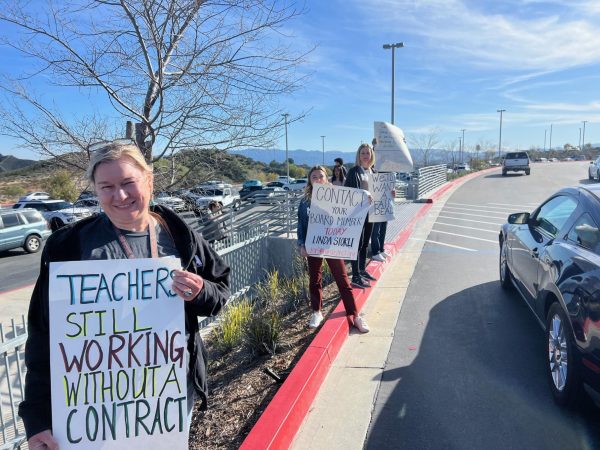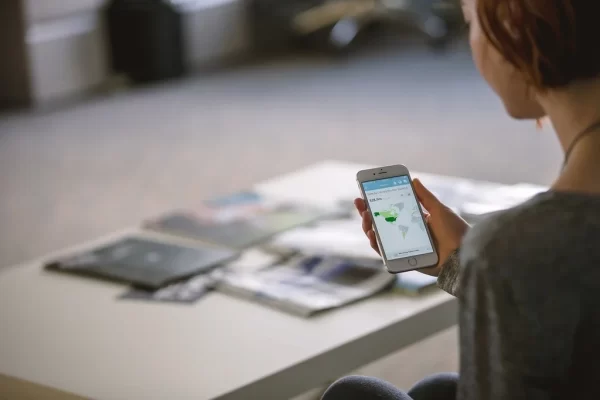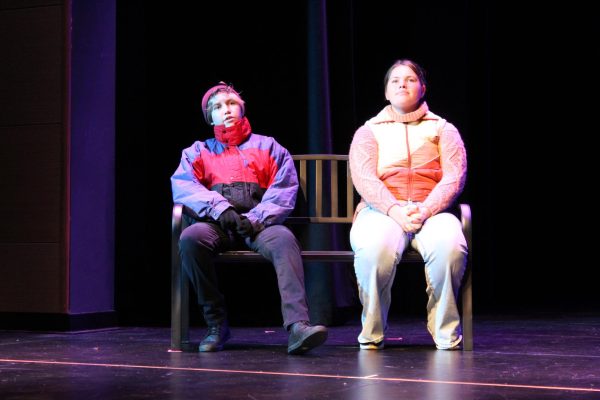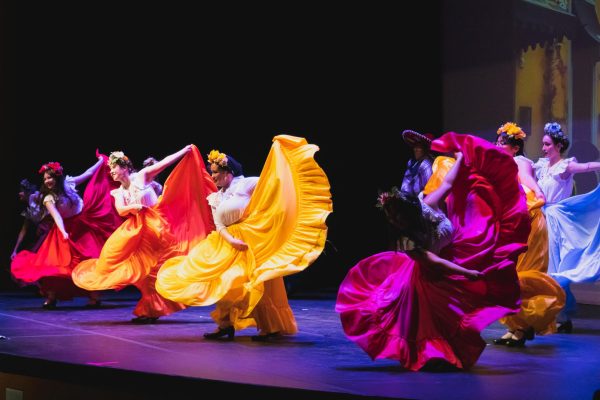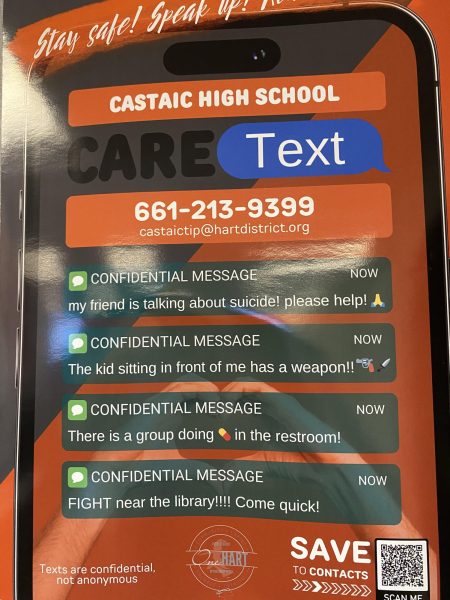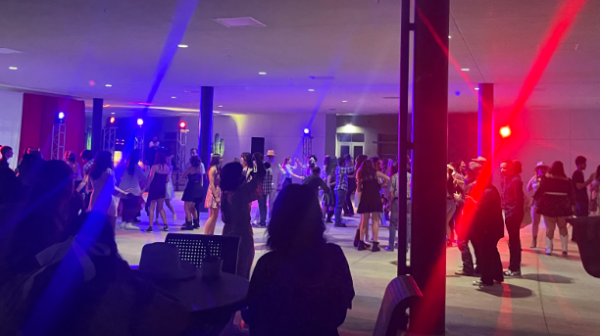How Covid-19 is Leaving a Mark on High School Seniors Around the World

May 11, 2021
High school. The pivotal moment in every student’s life. Hyped up, emphasized, and talked about from the very beginning, everyone will remember their high school years as a time in which they were younger and more naive. However, one portion of high school stands out more than others; which is known as Senior year or 12th grade. Often characterized as the final sprint to the finish line that every generation recognizes as graduation into adulthood as well as the lavish dances that are sprinkled here and there. It is a grade full of nostalgia as seniors look back on their high school years and reminisce about the ups, downs, twists and turns that high school had provided while painting an image for their future, like an artist painting on a canvas. Nonetheless, Covid has disrupted this flow and added a new color to the canvas, making students and their near future goals, their daily routines that structured a student’s average life, and of course, the mental health revolving around.
First and foremost, all students have some goal after high school. High school being that true starting point for adulthood, the vast majority of students have formulated some post-high school plan that will spearhead them into their future. Working full time at a job, attending a 2-year college, attending a 4-year college, and a few other choices would all be pathways that high school graduates could take depending on their interests. Regardless, Covid has shifted that in a dramatic manner. “The share of students surveyed who said they plan to attend a four-year college or university was 51 percent, which is about the same as in pre-pandemic,” says Laura Fay in a survey conducted in fall 2020, she follows up with “The latest results show a significant decline in students expecting to attend a two-year college, 16 percent, compared to 22 percent before COVID-19.” Overall, the surveys reveal that students who had originally planned to attend an education institute had either backed down on their decision or placed it to the side altogether. Thus, representing a drop in post-high school interest in college.
Secondly, school inadvertently serves another purpose besides its school dances and a myriad of tests. It establishes a fundamental outline or structure that helps us, students, throughout the day by giving us a schedule. Waking up early in the morning, eating breakfast, brushing our teeth, going to school, and returning home are all actions that we are prompted to take due to the circumstances of the school. This natural makeup in our lives has in a way, normalized and molded our daily routines. Therefore, pushing us forward with reasons and goals in mind as we know our schedule like the back of our hands. Mary Kreitz, a veteran trauma therapist insists that “When schools closed earlier this month students lost this structure and routine.” She further elaborates with “Many were sent home with packets of assignments to complete but it is up to them to decide when and in what order they will do the assignments.” Consequently, like a rug being pulled out from beneath you, this sudden stripping of an orderly schedule gives students more freedom but allows their impulses to get control due to the absence of an ordained schedule. Procrastination is the result of this and that underlying, guilty conscience helps no one, causing extra stress and anxiety from any student.
Thirdly, besides stress and anxiety, mental health seems to be a declining quality in a student’s life as of recently. Seeing friends, experiencing school activities such as clubs, and participating in an active event such as dance are all things that maintain a student and on a larger scale, the student body as it is the fun commodities that result from the high school curriculum. And so, the result of taking away all of the social interaction and excitement for school events and combining it with the bland boringness of online school, some students’ mentality will begin to crumble under the pressure “School routines are important coping mechanisms for young people with mental health issues. When schools are closed, they lose an anchor in life and their symptoms could relapse.” says Joyce Lee, a sociologist working with the Lancet. He further illustrates with “In Hong Kong, the authorities made a last-minute decision on March 21 to push back the Diploma of Secondary Education (DSE) exams, which were scheduled to start on March 27, by a month to April 24.” This portrays that not only are students and their mental health suffering but the education systems as well, throwing the system off balance even more than before.
To summarize, Covid-19 has already been effective at destroying major systems and necessary infrastructure like economies and industries that help keep our days moving. However, students and their ability to grow as students and people are lagging throughout the Quarantine. The lack of the right resources and social interactions which gives students all around the world the incentive to attend school is downplaying the student bodies and their respective education systems which serves as the force behind the student body in the first place.





